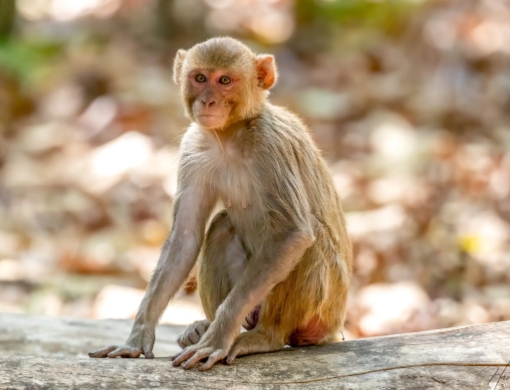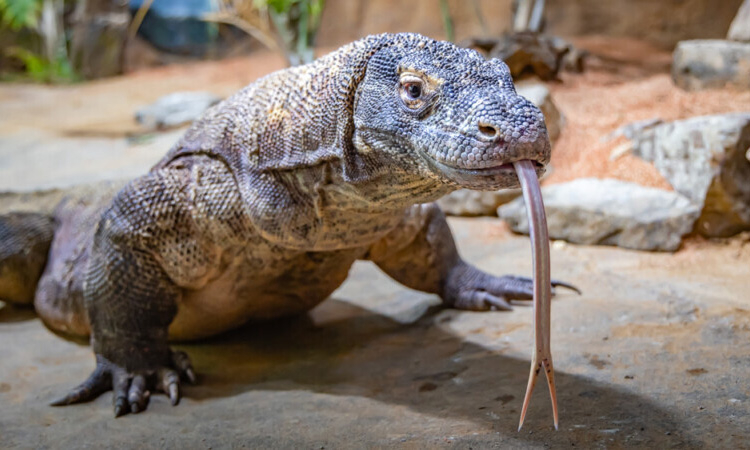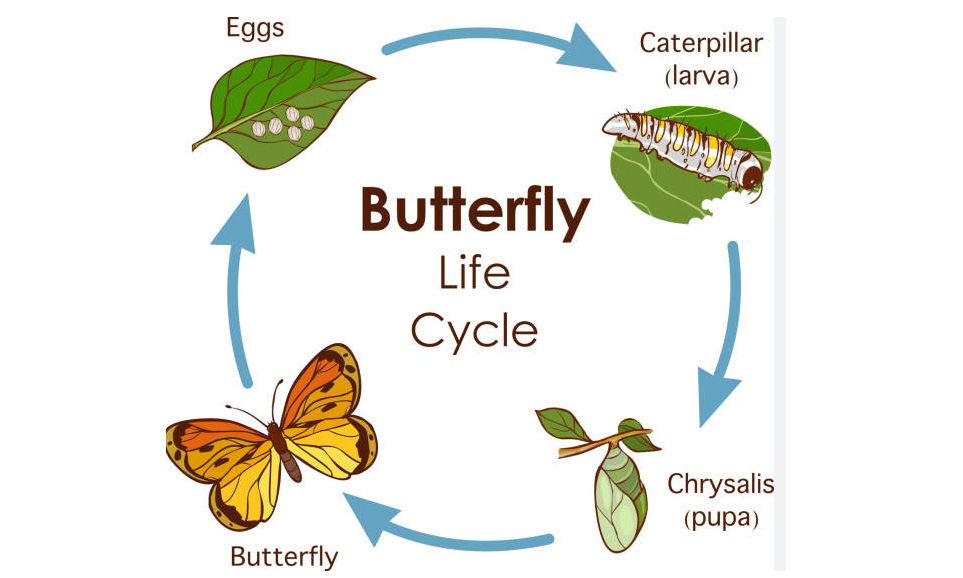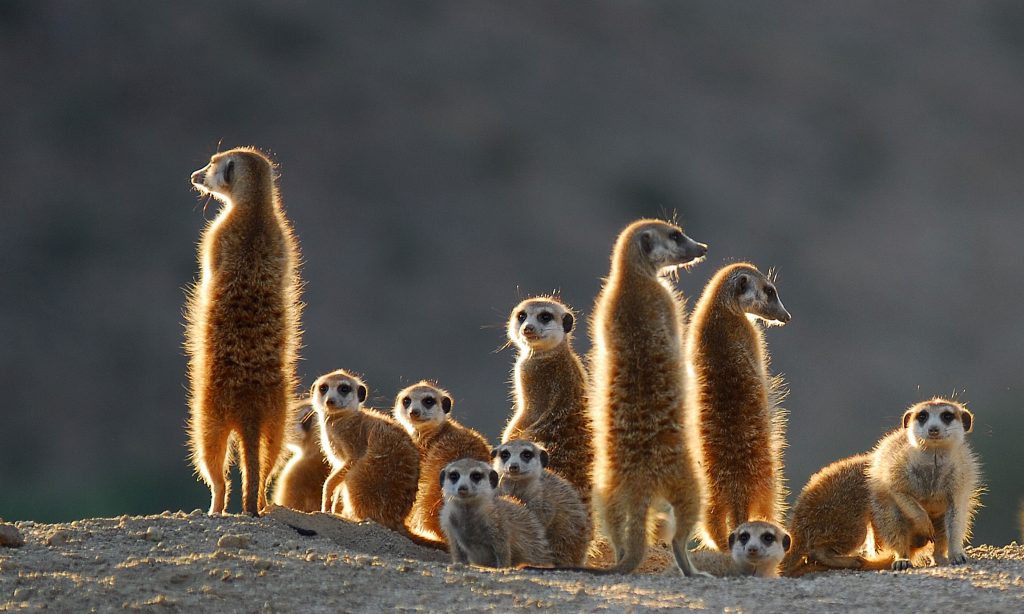Macaque Rhesus monkeys have long been studied for their fascinating behavior and intelligence. These primates offer valuable insights into the evolution of cognition and social interaction in primates.
Social Hierarchy and Communication
One key aspect of Macaque Rhesus behavior is their complex social hierarchy. They live in groups with clear dominance structures, where higher-ranking individuals have access to valuable resources such as food and mates. Communication among group members involves a variety of vocalizations, gestures, and facial expressions.
Tool Use and Problem-Solving
Macaque Rhesus monkeys have been observed using tools in the wild, such as sticks to extract insects from crevices. In laboratory settings, they have shown impressive problem-solving abilities, such as using tools to retrieve food out of reach or using mirrors to find hidden treats.
Memory and Learning
These primates have demonstrated excellent memory skills, remembering the location of food stashes or complex sequences of actions. They are also able to learn new tasks quickly, showing a high level of cognitive flexibility.
Emotional Intelligence
Macaque Rhesus monkeys are capable of displaying a range of emotions, including joy, fear, and anger. They are highly attuned to the emotions of their group members, showing empathy and providing social support when needed.
Insights into Human Behavior
Studying Macaque Rhesus behavior can provide valuable insights into human evolution and behavior. These primates share many similarities with humans in terms of their social structure, problem-solving abilities, and emotional intelligence.
Overall, Macaque Rhesus monkeys are fascinating creatures with a rich behavioral repertoire and high level of intelligence. Unlocking the secrets of their behavior can help us better understand the complexities of primate cognition and social interaction.




